Artificial Intelligence

The ability to invent intelligent machines has fascinated humans since the ancient times. Researchers are creating systems and programs that could mimic human thoughts and try doing things that human could do.
This kind of machines appear in Greek myths, such as Talos of Crete, the bronze robot of Hephaestus, and Pygmalion's Galatea.

AI
AI
What exactly is Artificial Intelligence? It is basically the science and engineering of making intelligent machines, especially computer programs.
Is the area of computer science focusing on creating machines that can engage on behaviors that humans consider intelligent.
The artificial Intelligence is a combination of computer science, physiology and philosophy.

There are different approaches and methods that are being used in Artificial Intelligence. Two major methodologies or believes are the bottom-up and top-down methods.
The bottom-up theorists believe that the best way to achieve the AI is by building electronic replicas similar to the human brains complex network of neurons.
The top-down theorists believe in mimicking the human brain’s behavior with computer programs.
AI
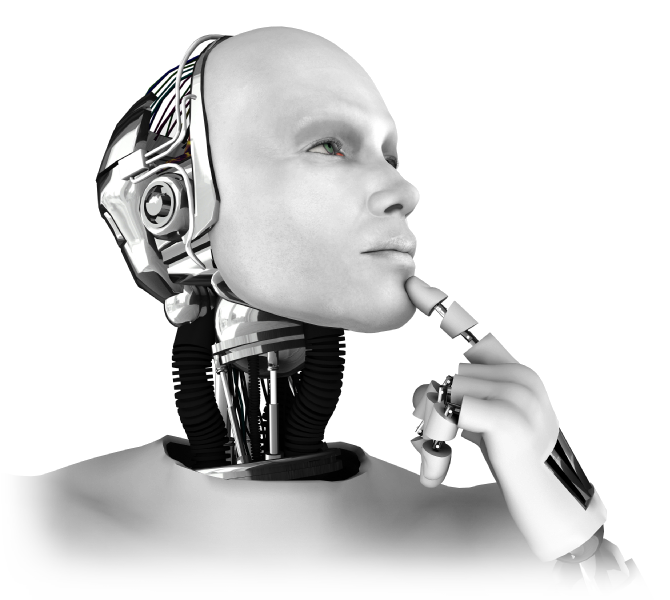
The Artificial intelligence research is highly technical and specialized. The research of the Artificial Intelligence is based on two main lines.
One line is based on the biological thinking where the Artificial Intelligence is based on the idea of human thinking and that system should work like how humans think.
The second line is about phenomenal which is based on formalizing common sense and facts about the world. Somehow both the researches intersect and may succeed eventually.
AI

The central problems (or goals) of AI research include reasoning, knowledge, planning, learning, natural language processing (communication), perception and the ability to move and manipulate objects.
General intelligence is still among the field's long-term goals.
Currently popular approaches include statistical methods, computational intelligence and traditional symbolic AI.
AI

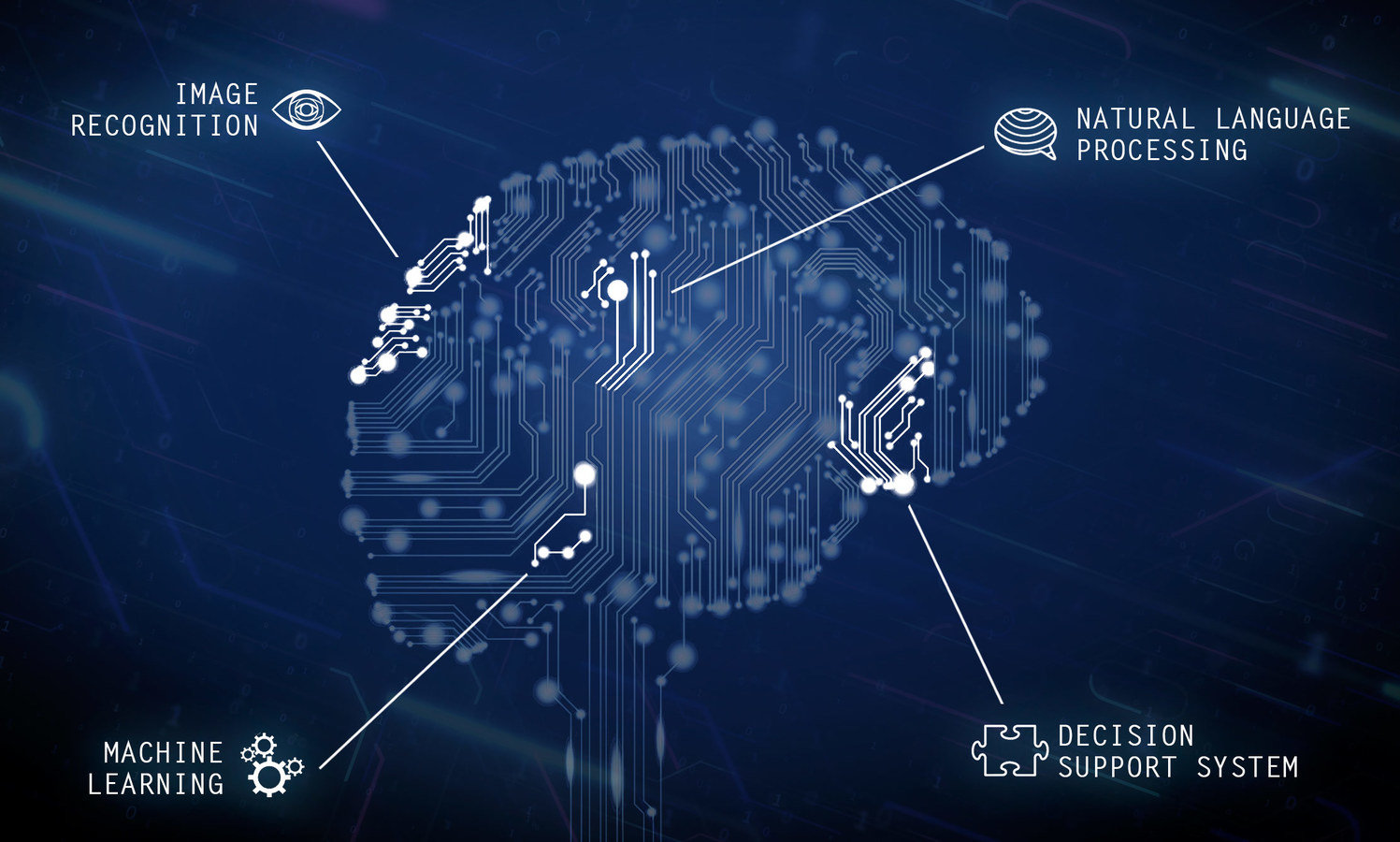
Examples
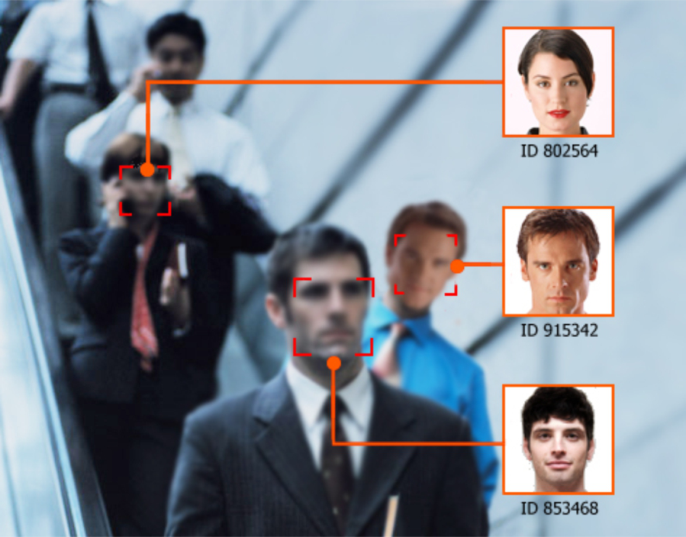
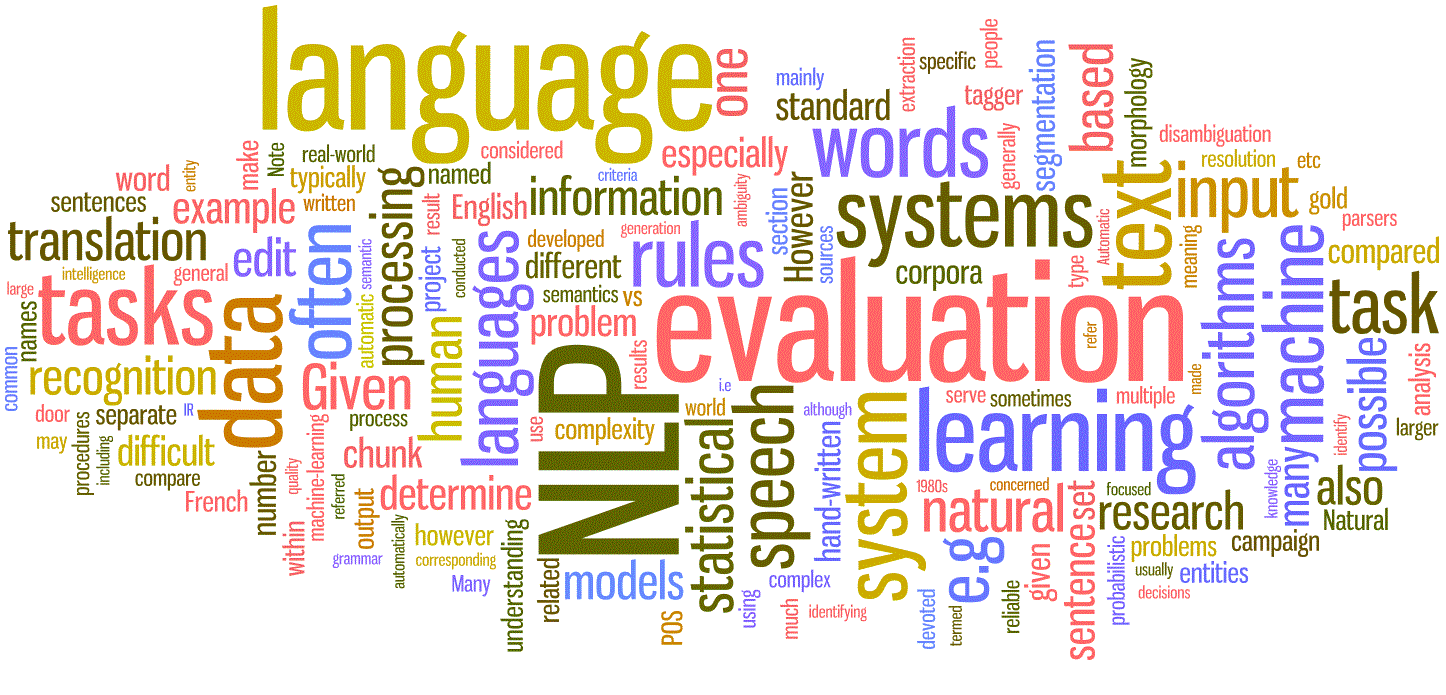
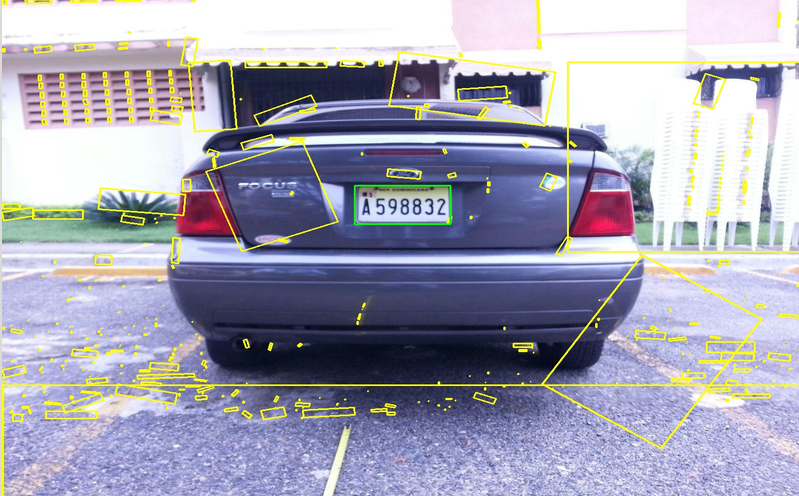
Pros
- Precision and accuracy
- Laborious tasks
- Fraud detection
- Make daily life a lot easier
- Think logically and take the right decisions
- Robotic radiosurgery
- If the control of machines goes in the wrong hands, it may cause destruction. Machines won't think before acting. Thus, they may be programmed to do the wrong things, or for mass destruction.
- Lack common sense
- Uunemployment
Cons
Thanks!
Brian D.
Aly P.
Artificial Intelligence
By Brian Díaz
Artificial Intelligence
- 1,592



